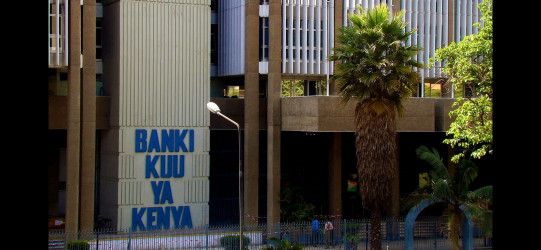Introduction
The Central Bank of Kenya (CBK) is set to revolutionize the fintech landscape by issuing payment licenses to fintech startups. This initiative promises to open up East Africa’s largest payments market, marking a significant breakthrough for the industry.
Leading Beneficiaries
Two prominent fintech companies, Flutterwave and Chipper Cash, are poised to be among the first to reap the benefits of this development. CBK Governor Kamau Thugge has confirmed that the regulator is diligently working to amend the National Payment Systems Act of 2011. These amendments will provide a robust legal framework for fintech firms to operate within Kenya.
Addressing Regulatory Challenges
The proposed changes represent a major win for remittance and payment providers who have previously faced investigations and raids by Kenyan authorities over allegations of money laundering. The amendments aim to resolve the legal ambiguities that have hindered the growth of fintechs in the country, allowing commercial banks and telcos to dominate the market.
Overcoming Legal Obstacles
Governor Thugge emphasized the urgency of updating and amending the Payments Act, signaling a new era for payment service providers in Kenya. "We are in the process of updating and amending the Payments Act, basically coming up with a new act. We hope to be able to finish that soon and also the regulations, and that would guide our way forward in terms of the payments service providers space," he stated.
Current Regulatory Landscape
Kenya's financial sector is currently regulated under a complex framework that includes the Central Bank of Kenya Act, the National Payment Systems Act, the National Payment Systems Regulations of 2014, and the e-money Regulations of 2013. These regulations have been unclear regarding the operations of fintechs, creating a challenging environment for these companies.
Historical Conflicts with Authorities
This regulatory ambiguity has led to frequent clashes between remittance and payment startups and Kenyan authorities. Law enforcement agencies such as the Financial Reporting Centre (FRC) and the Asset Recovery Authority (ARA) have frozen accounts and seized assets of fintech players on money laundering charges.
Previous Regulatory Actions
In 2022, the CBK ordered local financial institutions, including banks and mobile money service providers, to sever ties with fintechs, citing unspecified threats to the country's financial systems. The regulator at that time declared that these firms were operating without proper authorization.




